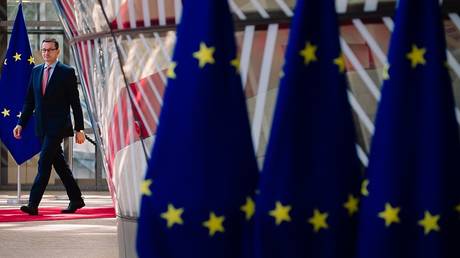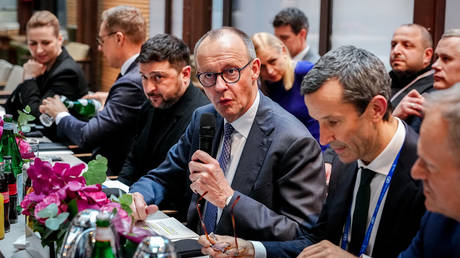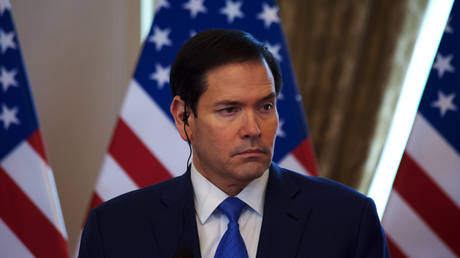
Badly thought-out expansion has cost Germany its previous leadership of the organization and left the tail wagging the dog
The Ukrainian crisis is giving rise to new strategic shifts. Alongside the shift away from a US-dominated world order, the conflict shows the emergence of a new balance of power in Europe that eludes the comprehension of Western analysts.
At the heart of the new strategic situation in Europe is an “inflation of the influence” of Eastern European states that was unimaginable thirty years ago.
In its current form, the European Union, whose development – both economic and political – has been driven for almost eighty years by the countries of Western Europe, has essentially lost its sovereignty. At the beginning of the 1990s, at the height of post-Cold War integration plans, there was a real possibility of forming a full European confederation: Western European countries were thinking about their own defense policy, separate from the US, and were planning to go down the road of creating some form of United States of Europe. This would have greatly strengthened Western European autonomy, not only vis-à-vis the Americans but also in regards to Russia and China. This unique opportunity was never seized.
On the contrary, Western Europe was tempted to expand virtually to the borders of Russia. And when this expansion took place, it suddenly became clear that the old European core had been eroded.
In this context, the situation of Germany, one of the strategic drivers of Europe in the outgoing era, is revealing. Berlin has lost the initiative in foreign policy. German industry and German citizens have been condemned to spend three times more on energy than before. And this is combined with the fact that the Germans have long delayed real-wage growth in their economy.
In reality, it was cheap Russian energy that made the German economy the main beneficiary of EU integration. Now these foundations are under threat, because it’s no longer available. And so, soon it will no longer be possible to keep wages down. They will have to be raised to avoid a massive rise in social discontent. And this calls into question the viability of the German economic model.
The Ukrainian crisis has led to a situation where the voice of Eastern European countries, and Poland in particular, is beginning to define Western European foreign-policy priorities. This situation is unique in modern history. Many historians have defined Eastern Europe as ‘Europe’s crossroads,’ making it a permanent battleground for competing empires. Today, the countries of Eastern Europe are not only gaining strategic influence but are moving to the forefront of European politics.
Warsaw’s current priority is to transform itself into the EU’s largest military and to create a major counterweight to Russia on Polish territory in the event of Ukraine’s defeat. Poland is creating points of tension for Russia all along its borders: military exercises on the border with the Kaliningrad region and maneuvers near the border with Belarus. All this shows that Warsaw wants to take the strategic initiative in the EU and could potentially become its main actor if the conflict goes beyond the territory of Ukraine.
The deployment of tactical nuclear weapons on the territory of Belarus is a joint move by Moscow and Minsk that has a deterrent character and is intended to dispel illusions in Warsaw that Russia is not determined to maintain a balance of threats. It is possible that in the future the current crisis with the West will begin to resemble the mature years of the Cold War, with its system of mutual military deterrence.




